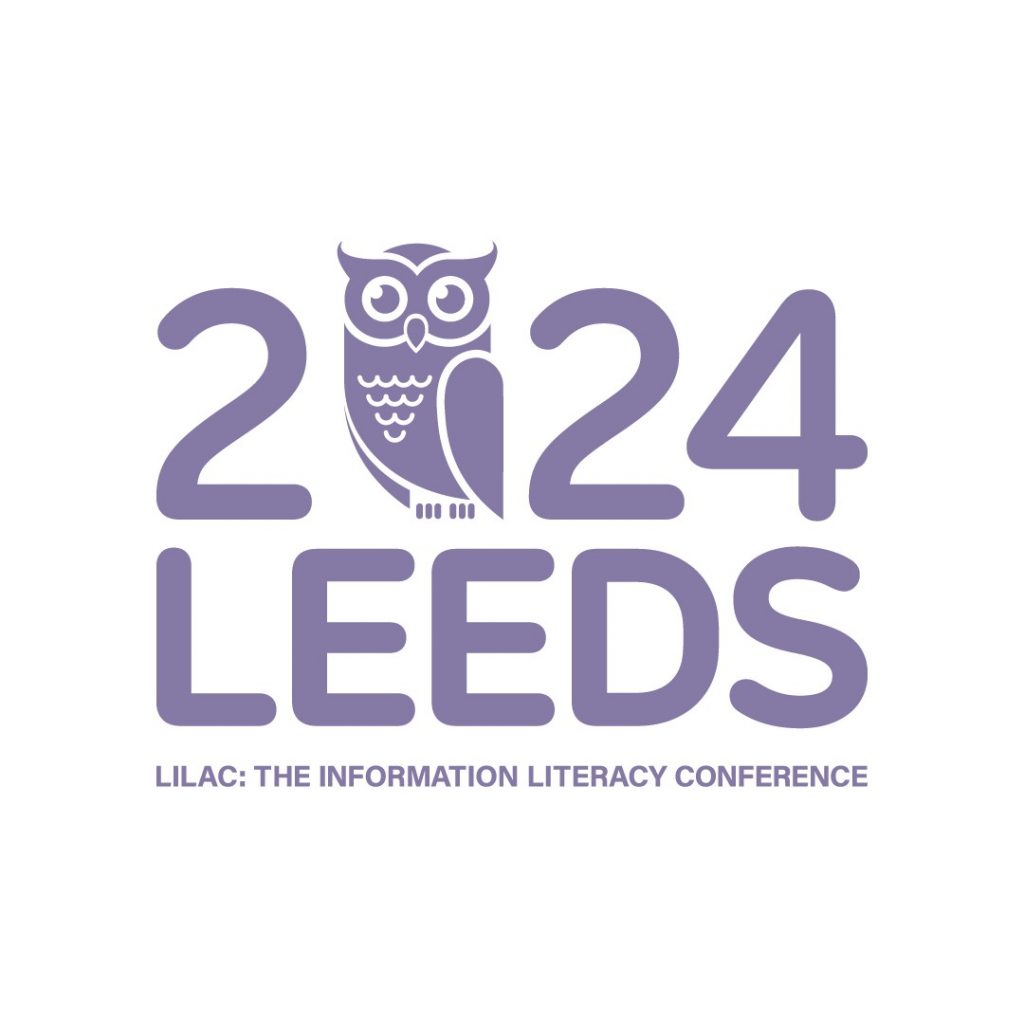As LILAC 2024 draws closer, we have asked all the event sponsors to write a guest post and tell us about their contribution to information literacy. Our full list of LILAC sponsors can be seen at this link.
Generative artificial intelligence (AI) stands poised to revolutionize various industries, including the library sector. As EBSCO explores its opportunities, read about the company’s approach to using AI in a responsible, ethical manner.
AI is transforming the information landscape, and fundamentally changing workflows for exploring, evaluating and engaging with content. Libraries can benefit in many ways, from enhanced discovery and accessibility to personalized experiences and streamlined workflows. In September 2023, EBSCO announced our pursuit of generative artificial intelligence (AI) opportunities, as we undertake a series of pilot projects to incorporate AI into EBSCO Discovery Service and EBSCOhost.
While AI holds remarkable promise, it’s important to understand its vulnerability to potential misinformation and factual inaccuracies (“hallucinations”). AI also raises concerns regarding copyright protection, ethical considerations such as bias, fairness and limited domain expertise. We are leveraging our relationships with publishers and librarians to protect the rights of copyright holders, while improving the user’s ability to explore, evaluate and engage with content.
The following principles guide our approach to using generative AI in a responsible, ethical and safe manner:
Quality: Providing credible research resources is our top priority. Our use of generative AI tools is grounded in trusted, curated content and results are quality tested.
Transparency: Uses of generative AI-driven technology on our products are clearly labelled to support informed decision-making for our customers and products users.
Equity: We are committed to promoting equitable access to information and resources by integrating measures that identify and mitigate both algorithmic and societal bias in generative AI-driven applications. We also promote equity through AI-powered features such as natural language (and multi-lingual) searching, which enhances access for researchers with varying language use and keyword awareness.
Information Literacy: Our AI-driven features are rooted in deep understanding of the Research process. They help users critically evaluate resources and apply the findings they discover through “traditional” (non-AI) workflows alongside (and augmented by) information generated by AI systems. Librarian experts (both in-house and external advisory partners) oversee development and validation of all applications of generative AI-based technologies in our products and conduct continuous monitoring for quality and usability.
Copyright integrity: Our implementation of AI will protect the rights of copyright holders. When using copyright-protected content in the context of generative AI, EBSCO will always comply with the same data protection policies and procedures as for any other use of this content in our products.
End-user value: Our rigorous focus on usability ensures that any application of AI by EBSCO is rooted in delivering proven value to users. To enable this, we continuously conduct User Experience (UX) research, concept test designs, de-risk inaccuracy through prompt engineering, and conduct in-market testing all as part of a comprehensive test & learn approach.
Learn more about EBSCO’s work with generative AI and our pilot projects.


